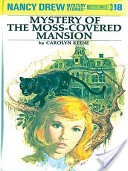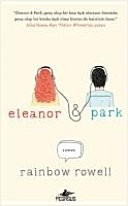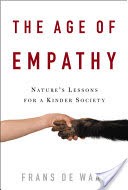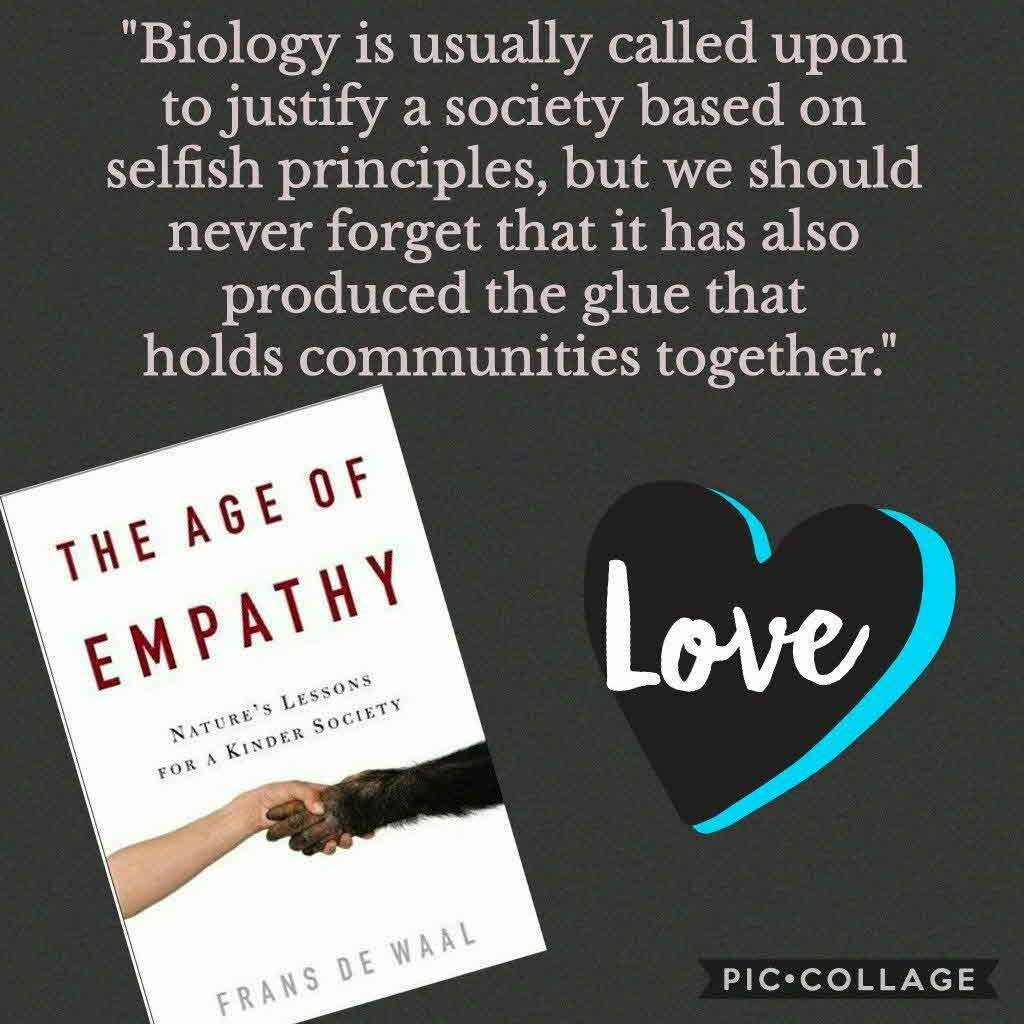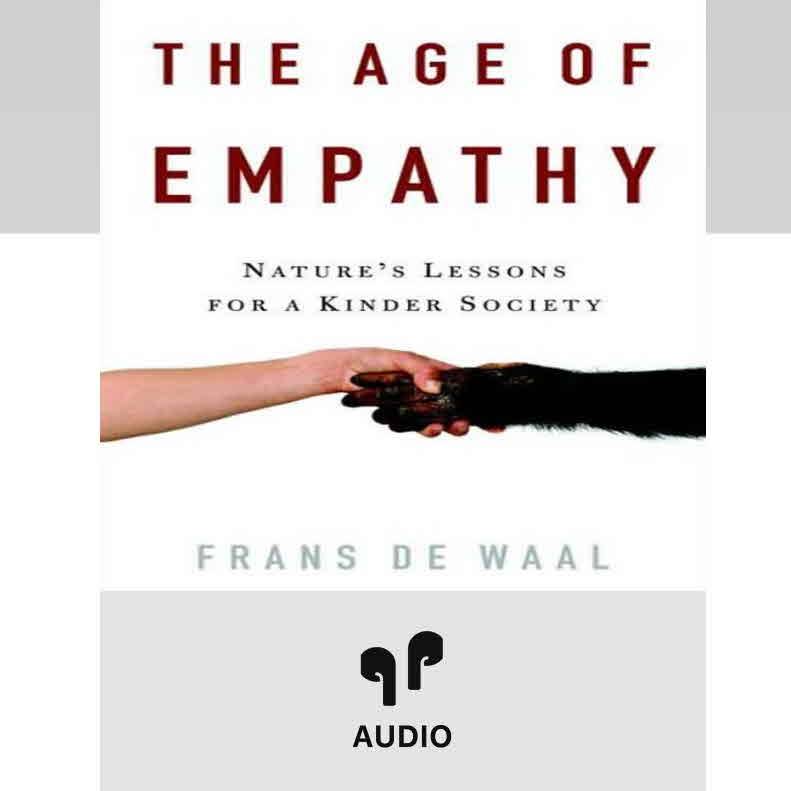
A good argument for the idea that empathy is not a recent development in humans often associated with intellectual capacity. Using animals as the basis of the research presented, De Waal demonstrates how empathy is ingrained in all animals, not just humans.
(cont in comment)







